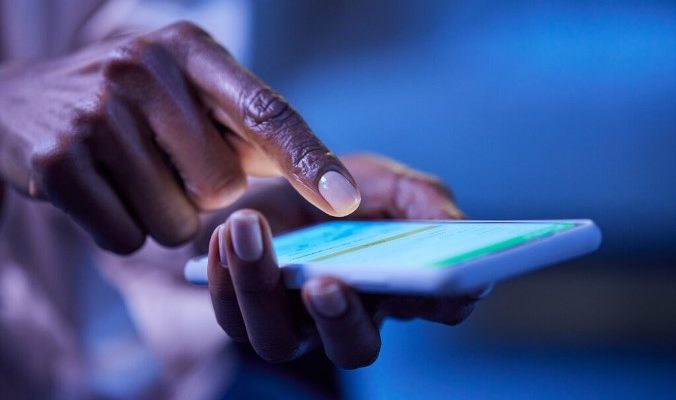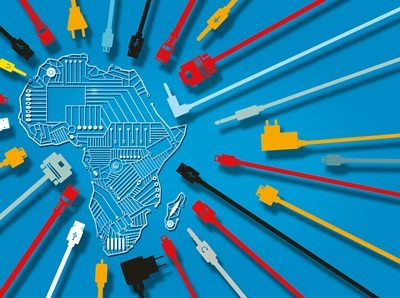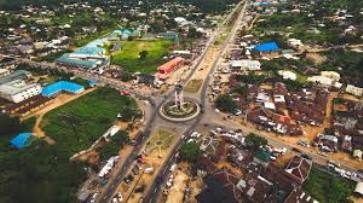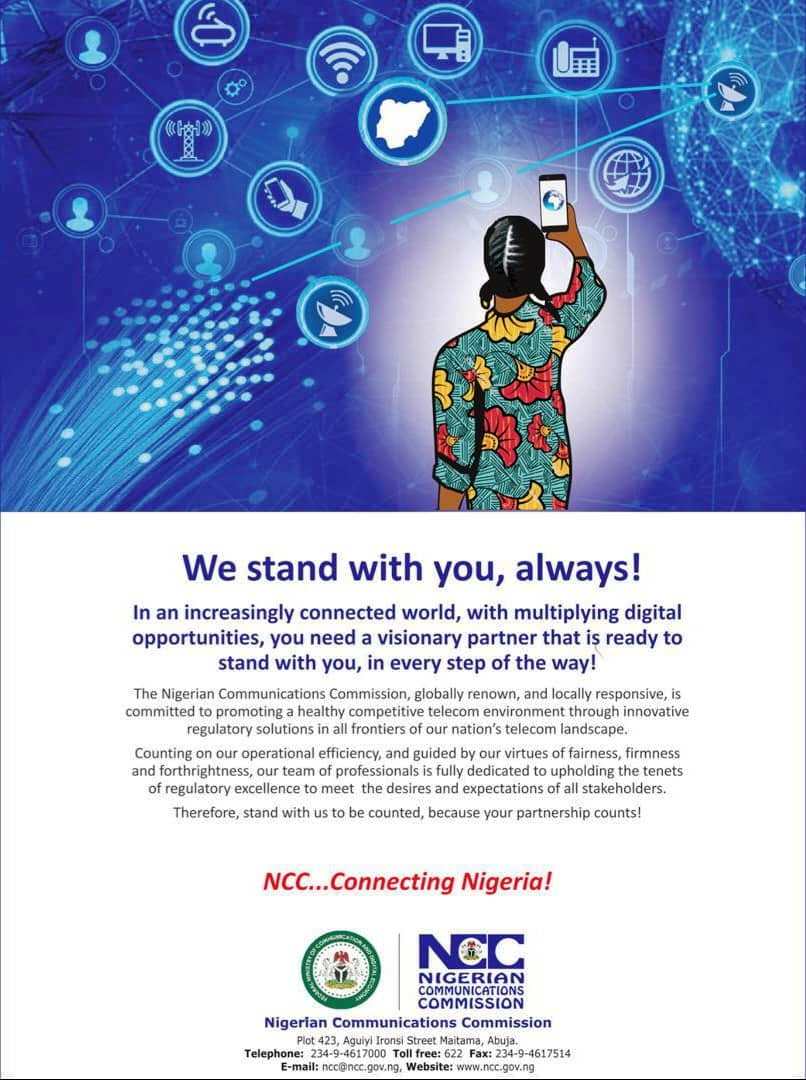- Over 190 internet shutdowns recorded in 41 African countries since 2016
- Ethiopia tops the list with 30 internet shutdowns
- Sudan records the second highest number with 21 internet shutdowns
Countries in Africa experienced over 190 internet shutdowns between 2016 and 2024, new research reveals today. The number of internet shutdowns across the continent has been on an upward trend since 2016, rising from a total of 14 in 2016 to 28 in 2024.
RELATED: Global economy loses over $50b due to Internet shutdowns in past five years
Ethiopia alone has recorded 30 instances of internet shutdowns. Sudan recorded the second highest with 21 shutdowns; and Algeria, 14. Since 2018, these three countries have experienced internet shutdown at least once every year.
Internet shutdown impacts millions, disrupting ability to communicate
Each internet shutdown, slowdown or block of digital platforms, impacts millions of people, disrupting their ability to communicate with their families, continue their employment, access essential online services like education and health, or take part in political life online.
The research by members of the African Digital Rights Network, convened by the Institute of Development Studies, features in the book ‘Internet Shutdowns in Africa’. The book reveals that these shutdowns – ordered mostly by governments and implemented by internet service providers – are often used to crack down on peaceful protests or political opposition and warns of the risk of internet shutdowns being used to reinforce authoritarian control.
Tony Roberts, Research Fellow, Institute of Development Studies and co-editor of the book, says:
“Each internet shutdown violates human rights and damages the economy. As internet becomes a medium for people to increasingly communicate, study and work online, these shutdowns necessarily violate citizens’ right to work and their freedom of expression, association and participation. It should worry us that regimes are imposing these digital authoritarian practices with increasing frequency and with impunity.
“It’s important to research further in understanding this evolving landscape of resistance, power imbalances, political motivations, and authoritarian tendencies to guide future action to mitigate the harms of Internet shutdowns and prevent them reoccurring.”
Shutdowns go unnoticed or unchallenged
While some shutdowns draw public criticism or international condemnation, many go unnoticed or unchallenged, particularly in contexts where independent media and civil society are under threat. This book provides the most comprehensive and detailed account of internet shutdowns in Africa to date.
These internet shutdowns have also been used by the governments during protests and conflicts to repress citizen voices. In Ethiopia, internet shutdowns have become a go-to tactic which not only affects human rights but also shapes power relationships by benefitting those in power.
The government used internet blackouts extensively during the Tigray conflict, cutting off millions without access to communication or essential services. In Sudan, shutdowns were consistently deployed during protests and periods of political unrest, particularly in response to resistance movements and civil uprisings and during the ongoing conflict.
Africa governments normalising use of internet shutdown
Felicia Anthonio, a global expert on internet shutdowns and co-editor of the book said:
“Across Africa, governments are normalising the use of internet shutdowns to suppress dissent, quell protests, and manipulate electoral outcomes. These blackouts are growing in scale and frequency, with devastating consequences for rights and lives, in an ever-more digitally connected world.
“This book adds to the growing body of evidence compiled by rights groups, underscoring the profound harm caused by shutdowns — both online and off. The international community must urgently support civil society efforts against this alarming trend, hold governments accountable, and compel telecom companies to deny unlawful or arbitrary shutdown orders.”
As digital connectivity becomes increasingly central to daily life, the researchers call on African governments, regional institutions, telecom providers, and civil society to take to not shut the internet in advance of elections and during citizen protests, and to maintain their human rights commitments to free expression, association and political participation

































